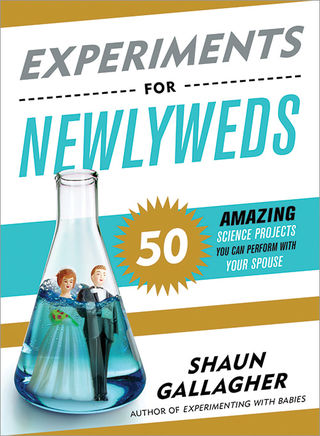Relationships
Try This Interactive Experiment With Your Partner
Learn how your perceived strengths and weaknesses affect your relationship
Posted May 6, 2019

Romantic couples in long-term relationships will inevitably face some ups and downs, not only in their life experiences but also in the relationship itself.
The ups can be thrilling. You feel intimately connected with your partner. You feel understood and valued. Knowing that someone whom you deeply love loves you deeply in return can bring a person immense joy.
The downs, however, can make you question whether the relationship can be preserved, or even if it's worth preserving. You might feel as though there is a chasm between you. You might feel misunderstood and devalued. And the sting of being deeply hurt by a person you deeply love is unlike anything you might have felt before.
It's easy to get through the ups -- enjoying yourselves can seem effortless! -- but how can a couple sustain and preserve their relationship during the downs?
Researchers have found that there are a bunch of tools that romantic couples use, consciously or not, to guard their relationship against threats that occur in relationships when things get rocky. Just as sailors might batten down the hatches to prepare for rough weather, couples who wish to get through tough times together exhibit certain behaviors that seem to function as relationship armor.
I have created a short interactive experiment that you and your partner can complete together to learn more about one such tool in your relationship defense toolkit. Follow the link below to get started:
Interactive Experiment: Good, Bad, and Better Than Others
Once you and your partner have completed the interactive experiment (it takes about two to three minutes each, and you don't have to complete it at the same time), feel free to continue reading below to learn more about the science behind it. If you're planning to do the experiment at some later time, it's probably best not to read further until you've completed it, so you don't unintentionally bias your responses.
The science
The interactive experiment above is the online version of a project from my book Experiments for Newlyweds: 50 Amazing Science Projects You Can Perform With Your Spouse, which adapted the experiment from a study published in the Journal of Personality and Social Psychology.
Romantic couples in committed relationships tend to exhibit a "perceived superiority" bias, in which they are likely to indicate that their relationship has more good qualities and fewer bad qualities than other people's relationships.
In a 2000 study, researchers examined whether participants' opinions about their relationship might be influenced by instructions that were intended to heighten or dampen this "perceived superiority" bias.
One group was assigned to a "threat" condition, where they read instructions that were intended to call into question the strength of their relationship. Another group was assigned to an "accuracy" condition, where they read instructions that emphasized that they should be completely honest and accurate in their responses.
The results revealed that couples in the threat condition showed a higher "perceived superiority" bias than those in the accuracy condition.
The researchers believe that by introducing doubt about the durability of participants' relationships in the threat condition, it caused the participants to lean heavily on perceived superiority as a way of reassuring themselves that their own relationships weren't in trouble. And by emphasizing the need for honest evaluation in the accuracy condition, the participants were less likely to view their own relationships through rose-colored glasses.
The takeaway
Newlyweds tend to be both highly committed to and highly satisfied with their relationships. Over the long haul, however, they will inevitably face difficulties that can threaten both their level of commitment and their level of satisfaction.
As with life in general, having optimistic expectations about your relationship's future can influence its success, and the perceived superiority effect is one way that you might generate those optimistic expectations, even if they're slightly biased in your favor. Try to reinforce this positive attitude within your own relationship by periodically making lists of the good, the bad, and the things that make your relationship better than the rest.
References
Rusbult, Caryl E., et al. "Perceived superiority in close relationships: Why it exists and persists." Journal of Personality and Social Psychology 79.4 (2000): 521.



